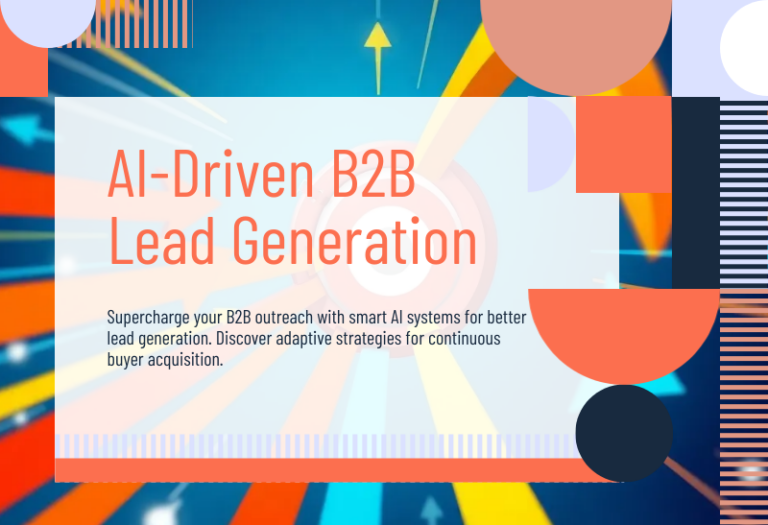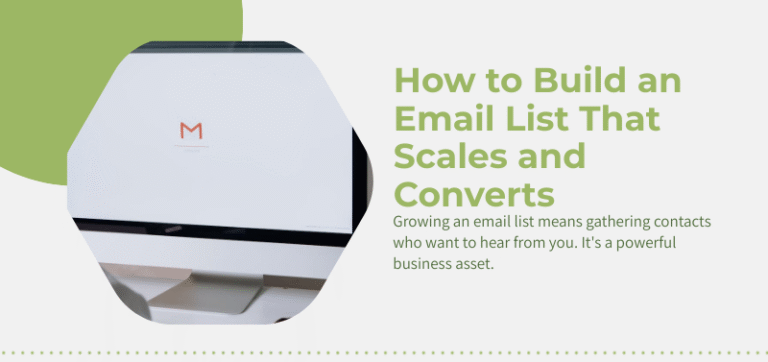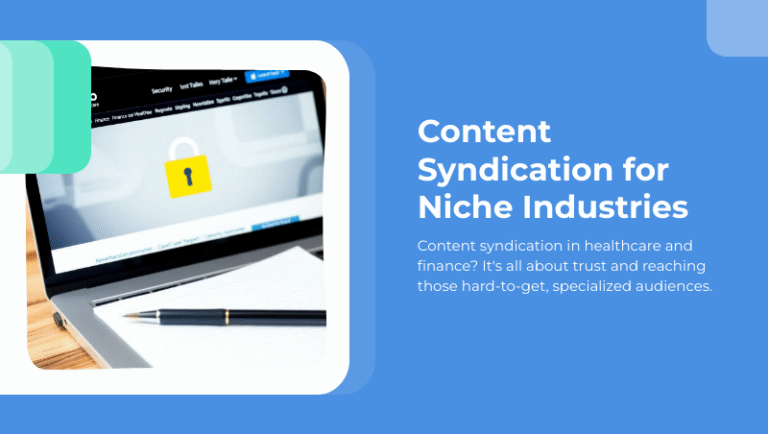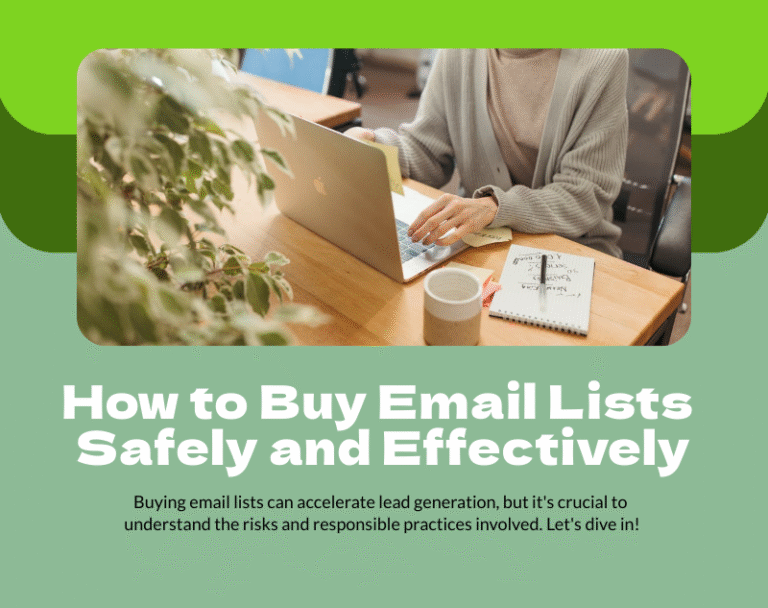The demand for HubSpot consultants is on the rise as businesses increasingly adopt this powerful inbound marketing, sales, and customer service platform. By becoming a HubSpot consultant, you position yourself as a vital asset for companies aiming to leverage HubSpot’s features to drive growth. This comprehensive guide explores the steps to becoming a successful HubSpot consultant, from gaining expertise to finding your niche in the market.
What is a HubSpot Consultant?
A HubSpot consultant specializes in helping businesses implement, optimize, and manage their HubSpot accounts. They provide expertise in areas such as:
- CRM Setup: Organizing and customizing customer relationship management tools.
- Marketing Automation: Creating workflows, email campaigns, and lead nurturing strategies.
- Content Strategy: Guiding businesses in crafting and managing effective content.
- Sales Enablement: Streamlining sales processes to improve conversions.
- Customer Service Optimization: Enhancing customer satisfaction through HubSpot’s service tools.
The consultant ensures that businesses fully utilize HubSpot’s tools to achieve their marketing, sales, and service goals.
Why Become a HubSpot Consultant?
Here are some compelling reasons to consider this career path:
- Growing Market Demand: HubSpot’s adoption is expanding globally, creating a constant demand for skilled professionals.
- Diverse Skill Application: HubSpot consultants work across various business functions, including marketing, sales, and customer service.
- Lucrative Opportunities: Businesses are investing heavily in inbound marketing, allowing consultants to command competitive fees.
Step 1: Master HubSpot Tools
To establish yourself as a credible HubSpot consultant, mastering the platform is essential. Here’s how:
HubSpot Academy Certifications
Start by completing certifications offered by HubSpot Academy. Some key certifications include:
- Inbound Marketing: Understand the fundamentals of attracting, engaging, and delighting customers.
- HubSpot Marketing Software: Learn how to use marketing tools effectively.
- Sales Hub Software: Gain insights into sales enablement strategies.
- CMS Hub Implementation: Explore how to build and optimize websites using HubSpot’s CMS.
Practical Application
- Hands-On Practice: Set up and manage HubSpot accounts for small projects or personal ventures.
- Simulations: Use HubSpot’s sandbox environment to experiment with features.
Stay Updated
HubSpot frequently updates its platform. Subscribe to newsletters, attend webinars, and follow industry blogs to stay informed.
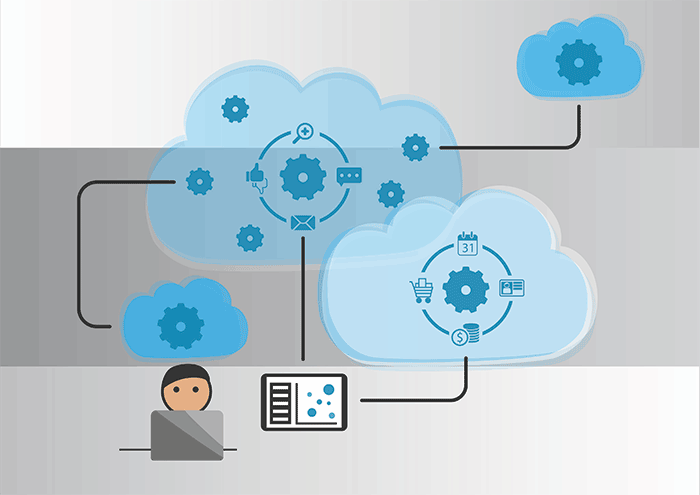
Step 2: Develop Core Skills
Being a HubSpot consultant requires more than technical expertise. You’ll need a blend of strategic insight and interpersonal skills:
Key Skills to Develop
- Inbound Marketing Strategy: Master techniques for attracting and retaining customers through valuable content and experiences.
- Data Analysis: Learn to track performance metrics and interpret data to refine strategies.
- Project Management: Develop the ability to manage multiple clients and projects simultaneously.
- Communication: Hone your ability to convey insights and strategies clearly to clients and teams.
Step 3: Gain Experience
Practical experience is crucial for building credibility and demonstrating your capabilities.
Ways to Gain Experience
- Freelance Projects: Offer your services to small businesses or nonprofits to build your portfolio.
- Internships or Employment: Work with agencies or companies that use HubSpot extensively.
- Volunteer Work: Support charitable organizations in setting up or managing their HubSpot accounts.
Showcase Results
Create a portfolio highlighting your successes. Include case studies with metrics that demonstrate how you’ve driven growth or solved problems for clients.
Step 4: Establish Your Niche
Focusing on a niche can help you stand out in the competitive consulting market. Here are some areas to consider:
Specializations
- Marketing Automation: Expertise in workflows, email marketing, and lead nurturing.
- Sales Enablement: Helping sales teams utilize HubSpot tools effectively.
- Content Management: Crafting and managing impactful content strategies using HubSpot CMS.
Industry Focus
Catering to specific industries can also be advantageous. For instance:
- Healthcare: Assisting clinics and hospitals with patient engagement.
- E-Commerce: Optimizing online stores for lead generation and sales.
- Technology: Supporting tech startups in scaling their operations.
Step 5: Build Your Personal Brand
A strong personal brand establishes you as an authority in your field and attracts potential clients.
Steps to Build Your Brand
- Professional Website: Create a website showcasing your expertise, services, portfolio, and client testimonials.
- LinkedIn Presence: Optimize your LinkedIn profile and share insightful content about HubSpot and inbound marketing.
- Content Marketing: Publish blogs, videos, and case studies demonstrating your skills and successes.
- Networking: Attend industry events, webinars, and conferences to connect with peers and potential clients.
Step 6: Offer Your Services
Define and promote your consulting services to attract a steady stream of clients.
Structuring Your Offerings
- Service Packages: Develop tiered offerings such as basic setup, advanced training, and ongoing support.
- Pricing Strategy: Research market rates and price your services competitively.
- Onboarding Process: Create a streamlined onboarding process to set clear expectations and goals for new clients.
- Client Testimonials: Collect and showcase reviews to build trust and credibility.
Step 7: Partner with HubSpot
Joining the HubSpot Solutions Partner Program can significantly enhance your credibility and provide valuable resources.
Benefits of Partnership
- Exclusive Training: Access to advanced training sessions.
- Marketing Resources: Utilize co-branded marketing materials to attract clients.
- Partner Directory: Gain visibility by listing your services in HubSpot’s partner directory.
Collaboration Opportunities
- Work closely with HubSpot’s team to stay updated on platform developments.
- Participate in partner-only events to expand your network.
Step 8: Stay Ahead of Trends
The digital marketing landscape evolves rapidly. To remain competitive, adopt a mindset of continuous learning and experimentation.
Staying Relevant
- Continuing Education: Regularly update your certifications and attend industry workshops.
- Experimentation: Test new strategies and tools to identify what works best for your clients.
- Community Engagement: Join online forums and communities to exchange insights and stay informed.

Step 9: Measure and Optimize
Tracking your performance is crucial to improving your consulting services over time.
Metrics to Monitor
- Client Satisfaction: Gather feedback through surveys and reviews.
- Campaign Success Rates: Measure key performance indicators (KPIs) such as conversion rates and ROI.
- Process Efficiency: Analyze your workflows and identify areas for improvement.
Refinement
Use insights from past projects to optimize your strategies and enhance the value you provide to clients.
Conclusion
Becoming a successful HubSpot consultant requires a combination of technical knowledge, strategic thinking, and a commitment to continuous learning. By mastering the platform, developing essential skills, and building a strong personal brand, you can position yourself as a trusted advisor for businesses seeking to maximize their use of HubSpot. Follow these steps to embark on a rewarding career that blends creativity, analytics, and innovation.
